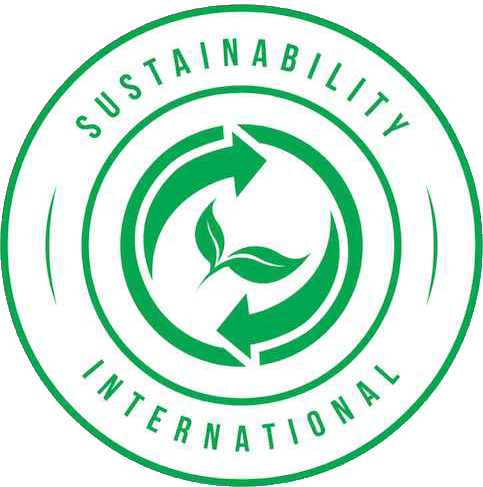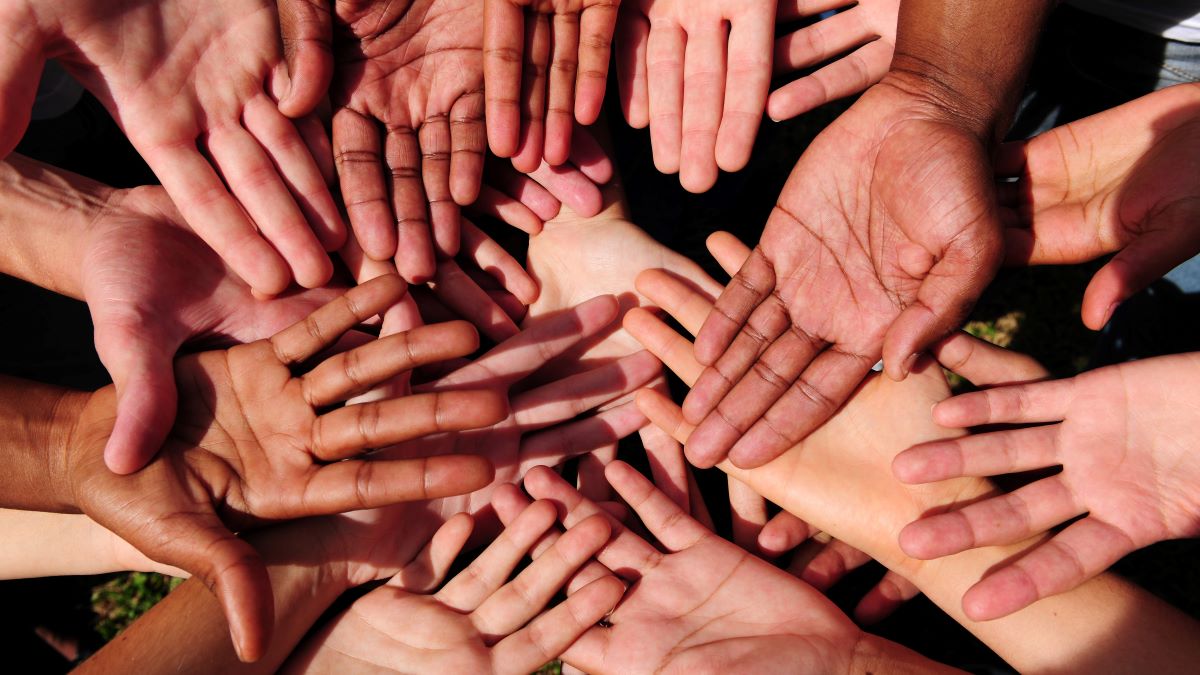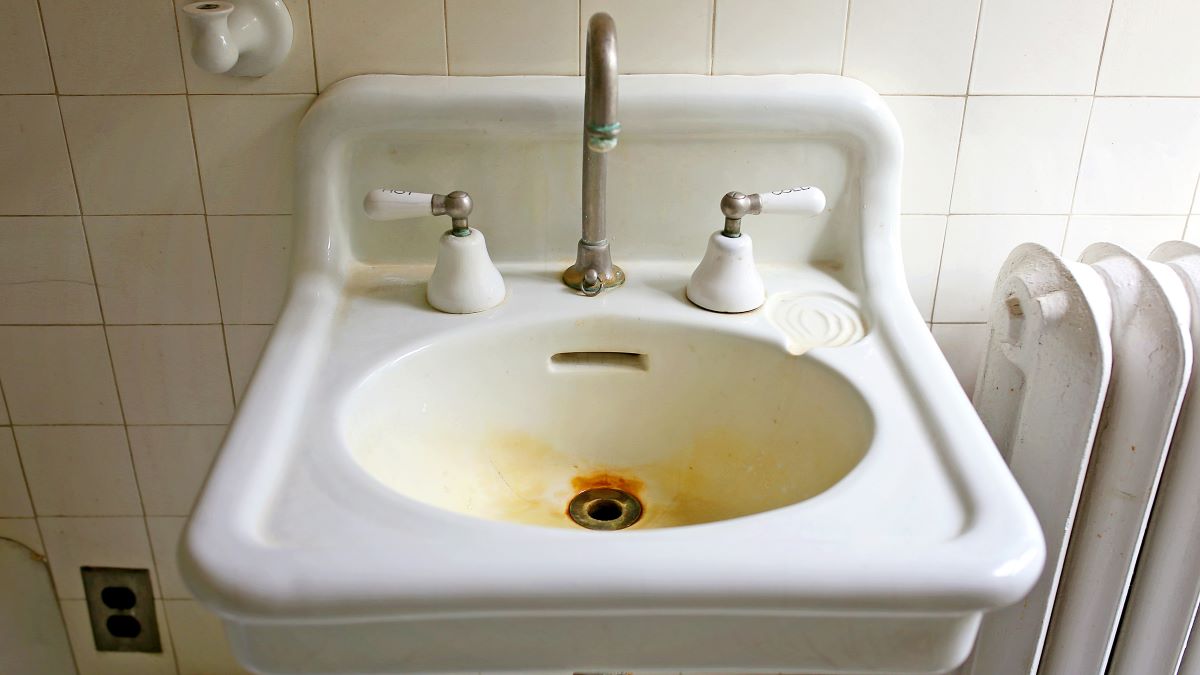Did you know that 91% of the plastic produced has never been recycled? Yet calls to eliminate single-use plastics have been lost in the panic of a new pandemic and the rush to secure personal protective equipment (PPE). And many of these items — including disposable masks, gloves, and antibacterial wipes — are designed for one-time use.
Unfortunately, so many people improperly dispose of PPE that we are experiencing a “plastic pandemic” on our streets, public transport, green space, and beaches, according to the Alliance to End Plastic Waste’s Jacob Duer. Improperly discarded PPE is already contributing to plastic pollution in the world’s oceans.
Here’s why this is a problem and what you and your community can do to reduce PPE waste.

The Problem: PPE in Our Oceans
Gary Stokes, the founder of marine conservation group OceansAsia, reported collecting 70 masks along 100 yards of beach near Hong Kong during a trip to the uninhabited Soko Islands in February when the pandemic had only just begun.
Here’s how they got there: When we don’t throw waste into a secure garbage can, wind can blow it into the gutter where it mixes with rainwater and is washed out to the rivers and sea. From there, it washes to near and far shores.
Marine animals like turtles and fish often mistake this waste for food. Ingesting it can lead to a slow and painful death. And plastic waste, like gloves, never fully degrades in water. Instead, it breaks into smaller pieces called microplastics.
Plastics are, pun intended, a mixed bag. Today, many consider them a necessary evil: Masks are proven to slow the spread of COVID-19, and when we don’t wear them correctly, more people become sick, hospitals use more resources, and we create more waste.
Currently, we use approximately 129 billion face masks every single month.
What We Can Do to Reduce PPE Waste
Due to both material and contamination issues, single-use PPE can’t be recycled in your curbside bin (and check out TerraCycle’s paid option for recycling disposable gloves). That has not translated into high PPE recycling rates, so we must use less of it and dispose of what we use correctly.
Say No to Single-Use
The World Health Organization recommends fabric masks, which are at least equally effective as their short-term counterparts. Their website offers guidance for sewing, caring for, and wearing your fabric mask correctly. To keep yourself and others safe, disinfect and change your reusable mask regularly.
Wash your hands frequently, for at least 20 seconds each time, instead of using plastic gloves or hand sanitizer. Hot water and soap are the best way to prevent the spread of infection.
Discard Single-Use PPE Safely
Disposing of PPE improperly puts essential workers and your neighbors at risk of getting infected. Take an extra step to protect them before placing your masks and gloves in a recycling bin.
Use a reusable bag that can be sealed to store used PPE while on the go and dispose of it in the bin at home, sealing the bag before pick-up.
Make It Easier to Properly Dispose of PPE
Businesses can use behavioral insights to combat PPE litter and “[make] trash cans convenient and conspicuous by tracing a path to them with green foot-step stickers, or [place] more of them in a given area” where people commonly remove PPE.
Use Educational Messaging
People respond well to motivational messaging and concrete calls-to-action in PPE disposal areas. Research has found that “emphasizing people’s duty to protect frontline workers can be effective.”
Enforce Littering Fines
Municipalities in Massachusetts and New York have imposed hefty fines on PPE littering, yet the threat is not enough to stop bad behavior when fines are not enforced.
The best road may be to combine existing fines with educational campaigns to mobilize the public and create a collaborative rather than punishing atmosphere. When it comes to protecting our oceans, we’re all in this together.
Feature image courtesy of Brian Yurasits on Unsplash.
The post PPE Use Protects Us Against Coronavirus, but It’s Harming the Oceans appeared first on Earth 911.







